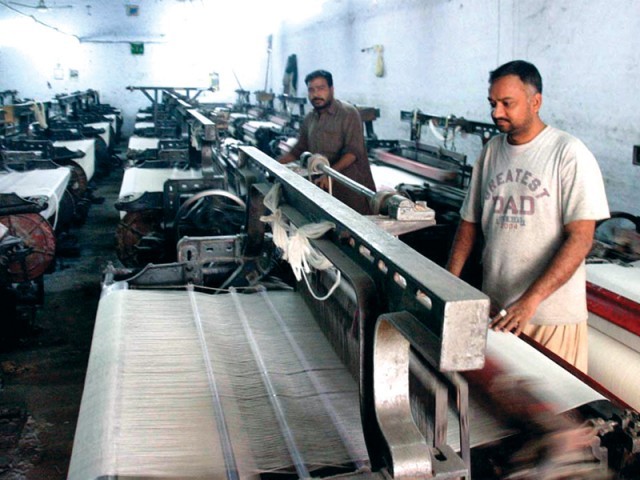
This workforce is the greatest asset of Pakistan that could be employed in international markets after appropriate training.
But unfortunately, skill development has been a neglected area. Pakistan has neither been able to improve vocational and job skills nor has been able to inculcate creative and cognitive thinking, resulting in loss of output, unemployment and slow growth of living standards. We all know the impact of human resource development that contributes significantly to economic growth.
With the advent of globalisation, the growth would crucially depend on skills for producing goods and services of better quality at competitive prices.
What has happened in Pakistan
Various factors have contributed towards the neglect, which includes inward-looking policies with little emphasis on quality products, focus on primitive technologies and choice of economic activities and the limited supply of skilled workers.
Pakistan should overcome skill gaps and scale up technical training to create an innovative economy able to generate sustainable, inclusive growth. Skill development is one of the essential ingredients for future growth as the country transforms into a diversified and internationally-competitive one.
To equip our massive labour force with modern skills, transfer of technology from developed countries is the need of the hour. Export of quality manpower is the main driver in growth of remittances. The structure of Pakistan’s existing population shows that 60% of it is economically active, a number that can lead to significant growth if properly nurtured.
Countries in Asia are recalibrating their growth models to consolidate their positions in the global economy. In this economic shift, availability of highly skilled and a technically qualified human resource base will prove to be a crucial determinant of success.
In their quest to gain market shares in higher-order manufacturing and services, governments and other stakeholders are paying close attention to developing the requisite technical and scientific capabilities.
Imparting advanced training would enhance labour capacity utilisation and preference over untrained workforce. This could then be hired by countries that are expanding their manufacturing sector in other viable countries.
Developing skills of disadvantaged groups, including women, will bring substantial economic benefits and help reduce growing income inequality. Here, the role of public-private partnership to increase cost-efficiency, quality, and relevance of technical courses cannot be ignored.
How can economic growth be stimulated? The answer lies in early attainment of latest information and technical know-how.
Technology and advancement
Technology is very essential to enhance productivity because developing countries tend to spend less on research and development and this remains the distinction between developed and under-developed economies.
For Pakistan, this is the time to believe in the power of knowledge, skills and technology, all of which are considered important and endogenous determinants of economic growth.
There is a need to equip secondary school and university graduates with employable skills that requires a shift from book-oriented learning to demand-driven courses relevant to industry needs. This can be achieved through, for example, credible national qualification frameworks and certification systems with closer links among schools, universities, and technical and vocational education providers.
Others ready to help
China is ready to assist Pakistan in empowering its labour force through the formation of collaborative research institutes and capacity building organisations.
By skill development and management Pakistan can attract manufacturing sectors of developed economies. This phenomenon of industrial relocation is termed as “great industrial transfer”.
The role of governments is extremely important and Pakistan should formulate policies that create linkages between knowledge-based education and technical skills.
The government should take immediate steps to modify and empower existing vocational training Institutes like TEVTA. Currently, TEVTA enrolls on average 110,000-120,000 students in its technical training institutes, while the demand is over 1 million.
Investing in infrastructure is crucial, but investing in manpower and skill-set is just as important.
The writer is president of the Pak-China Joint Chamber of Commerce and Industry
Published in The Express Tribune, September 14th, 2015.
Like Business on Facebook, follow @TribuneBiz on Twitter to stay informed and join in the conversation.

















COMMENTS
Comments are moderated and generally will be posted if they are on-topic and not abusive.
For more information, please see our Comments FAQ